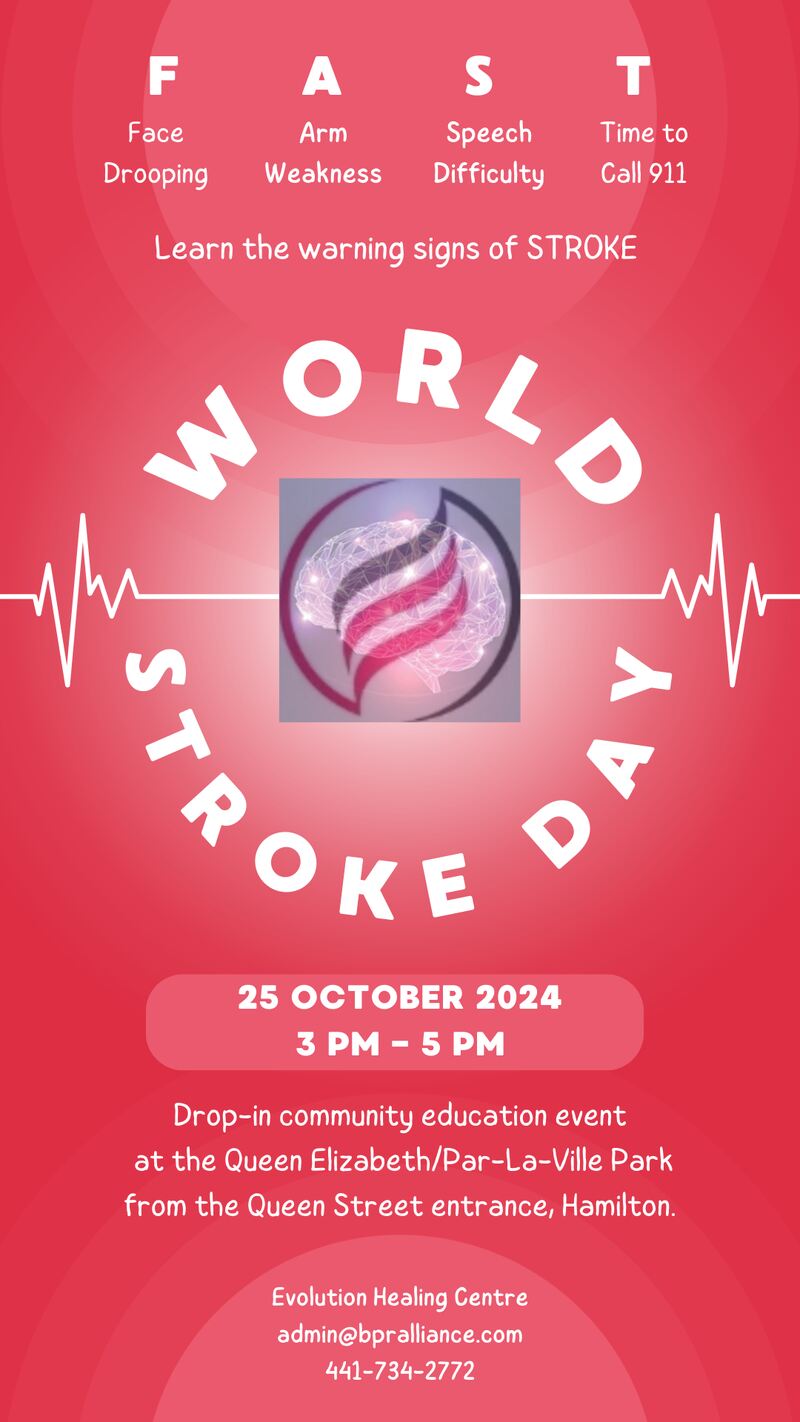Column: The Hidden Challenges Of Stroke
[Column written by Dr Kimberley Watkins]
Stroke, a leading cause of long-term disability, often brings with it a host of hidden challenges that are not immediately apparent to the casual observer. While physical impairments such as paralysis may be noticeable, there are many invisible disabilities that stroke survivors may face, making their journey to recovery and reintegration into life even more complex.
The following quotes are from those who have experienced a stroke.
“One of the biggest challenges I face is looking okay. People see you and they think you are doing better but you don’t feel better.”
“The look people give you when they see you in person. It reinforces that I’m not well/ whole. Coping with the fact that people don’t know how to react or talk to me. I’m not sure what the answer is or what people should or shouldn’t say.”
Cognitive Impairment
One of the most common invisible disabilities that can result from a stroke is cognitive impairment. Memory problems, difficulty concentrating, and struggles with decision-making [including executive and non-executive] can significantly affect a survivor’s daily life. Yet, these challenges may often not be readily apparent to others. This can lead to misunderstandings and frustrations as survivors grapple with these hidden cognitive impairments.
Emotional changes
Another often overlooked aspect is the emotional toll of stroke. Many survivors experience mood swings, anxiety, depression, or emotional lability, which can be just as debilitating as physical limitations. This is yet another invisible challenge that can strain relationships and make it difficult for survivors to express their needs and feelings to others.
“I feel heightened anxiety since I had my stroke [in my sleep]. There is always a fear it will happen again. I also feel like I am not seen.”
“For me the hardest thing for me to accept is not being the person I was! To be honest, I’m not sure I have. I feel less of a person, depressed that it happened to me; why me; what have I done wrong to have had this happen to me? I thought I was doing all the right things! The thing that keeps me moving forward it that I won’t let it beat me!”
Fatigue
Furthermore, fatigue is a prevalent but often underestimated consequence of stroke. Survivors may experience overwhelming exhaustion, which can severely limit their ability to participate in daily activities. This invisible symptom can be difficult for others to comprehend, leading to misconceptions about the survivor’s capabilities.
“Fatigue is still present after my one-year post stroke mark and it is not limited to just my day to day activities. This can happen when I am on an outing [going for a drive], or even socializing for extended periods.”
In addition, sensory disturbances, such as vision or hearing problems, can further complicate a survivor’s life. These hidden challenges can impact their ability to communicate and interact with the world around them, adding another layer of complexity to their recovery process.
Speech and Language
Many stroke survivors experience hidden disabilities, especially related to speech and language impairments. Returning to the community can be challenging due to difficulties in communication. Aphasia, a common condition among stroke survivors, that may make it difficult to speak, understand language, read or write.
There can also be challenges related to losing friends and feeling isolated, as friends and family typically don’t know how to talk to communicate with the person after they had their stroke. The challenges of communication in relationships can also be overwhelming, as simple tasks like talking on the phone or holding a conversation become difficult. It’s important for the community to understand these issues and provide support to stroke survivors facing these communication challenges to help them keep their friends and social connections.
“What we have learned from the damage from the stroke, is that the impact to cognitive skill is not uniform. For survivors, some mental processes which are seemingly simple become mammoth challenges to overcome, but some others, which are thought of as normally difficult, are still achievable. Every case is independently different.
Also, there can be a tendency for others to talk in a childlike form to a stroke surviving adult, when in fact the survivor is fully comprehensive of what is being said, and in their head are talking back to you exactly as before. The inability to respond as normally expected should not be interpreted solely as intellectual challenges.”
It is crucial for society to recognize and understand the hidden challenges of stroke, including these invisible disabilities. By raising awareness and promoting empathy, we can create a more inclusive environment that supports the diverse needs of stroke survivors. Through education and advocacy, we can work towards a world that acknowledges and accommodates the full spectrum of challenges faced by those living with the aftermath of a stroke.
- Dr Kimberley Watkins
Read More About
Category: All



